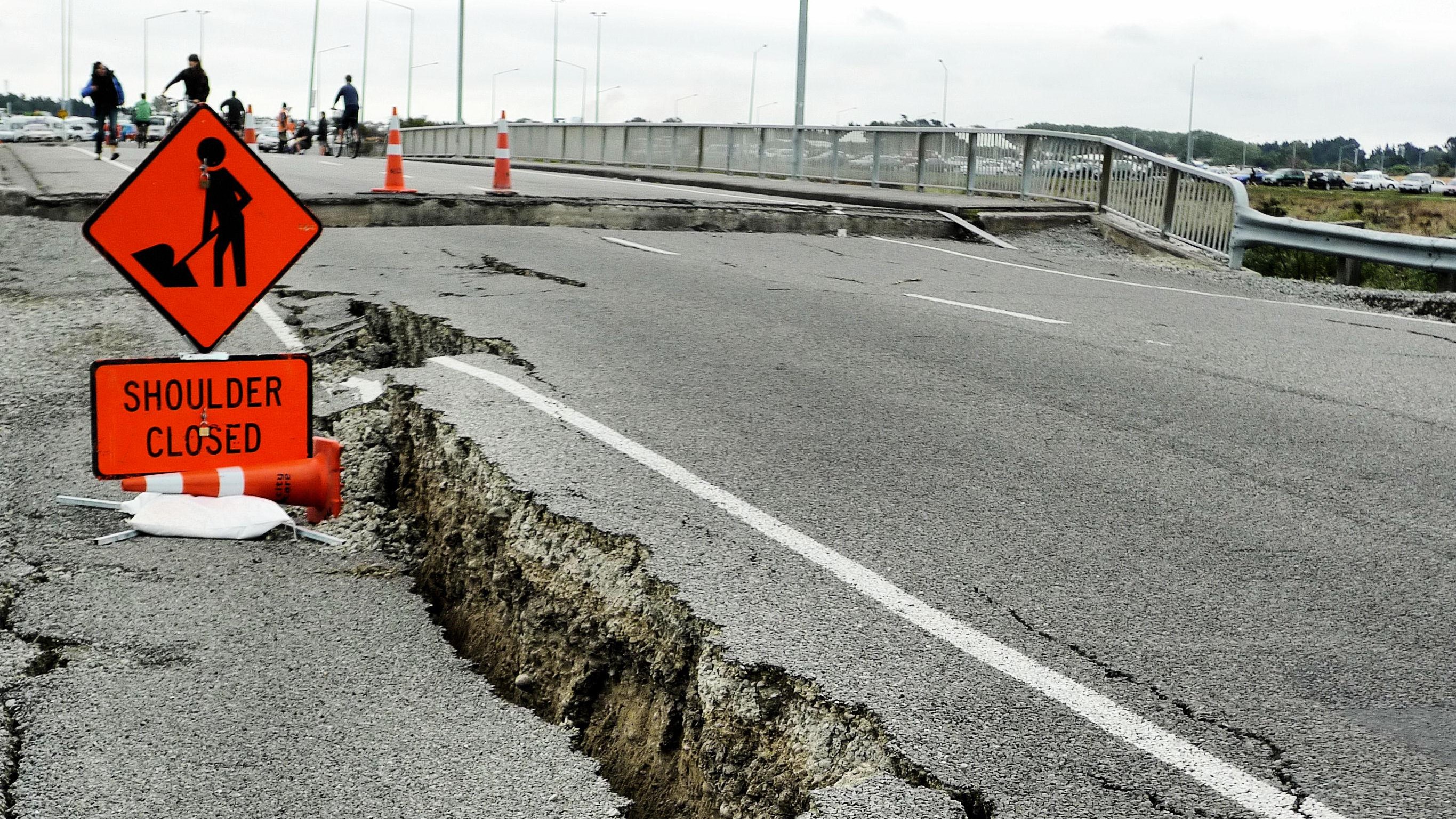News release
From:
Attachments
Note: Not all attachments are visible to the general public. Research URLs will go live after the embargo ends.

Journal/
conference: Frontiers in Communication
conference: Frontiers in Communication
Research:Paper
Organisation/s:
Massey University
Funder:
Earthquake Commission (EQC) Biennial Research Funding Programme (EQC 18/750—Social and sector-based benefits of an Earthquake Early Warning System); QuakeCoRE a Tertiary Education Commission initiative (QuakeCoRE publication number 0703); and Kia manawaroa—Ngā Ākina o Te Ao Turoa (Resilience to Nature's Challenge—National Science Challenge).



 New Zealand
New Zealand


